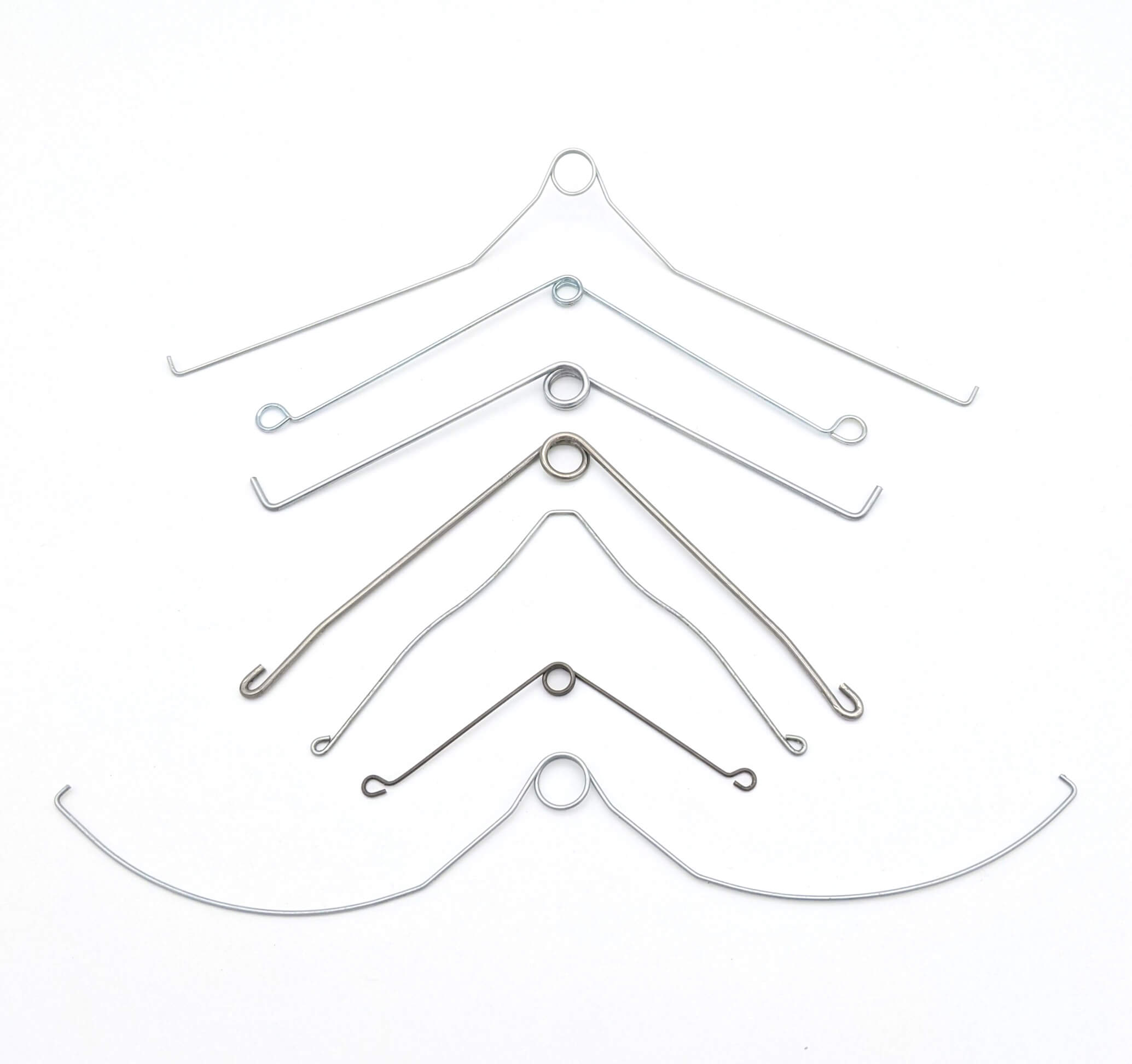Get unique, complex parts easily. No matter your requirements, Chaoyi Spring creates hard-to-produce coil springs and wire forms.
Let us help you create the custom wire form you need, from S-hooks and J-hooks to utility hooks and more.
We work closely with customers across a wide range of industries, helping them design and manufacture made-to-order parts.
Why choose Chaoyi Spring? We prioritize customer-focused collaboration, modern equipment and the latest technology to make your parts per print.
Find the information and guidance you need, from measuring a spring to learning about materials, placing an order and much more.
In the intricate world of precision engineering, where tolerances are measured in microns and reliability is paramount, a seemingly simple component plays a crucial role: the torsion spring winding bar.


In the intricate world of precision engineering, where tolerances are measured in microns and reliability is paramount, a seemingly simple component plays a crucial role: the torsion spring winding bar. Often overlooked, these unassuming bars are the backbone of many complex mechanical systems, ensuring the smooth and precise operation of everything from medical devices to aerospace components. But how do these winding bars work, and why are they so essential?

Torsion springs, as their name suggests, are designed to store and release energy through twisting or rotational motion. They are found in a vast array of applications, from the delicate mechanisms of watches to the robust systems of industrial machinery. The winding of these springs, however, is a process that requires meticulous precision to achieve the desired spring characteristics.
This is where torsion spring winding bars come into play. These bars are specialized tools designed to hold and rotate the spring wire during the winding process, ensuring that the coils are evenly spaced and tightly wound. Their importance lies in their ability to provide consistent tension and control over the winding operation, resulting in springs that meet the strict tolerances required for various applications.
Torsion spring winding bars are available in a variety of shapes and sizes, each designed to accommodate different spring diameters, materials, and winding requirements. Some common types include:
Torsion spring winding bars are typically made from high-strength materials, such as steel or hardened aluminum, to withstand the forces involved in winding springs. The bars are often coated with a protective finish, such as chrome or nickel plating, to resist corrosion and wear.
The winding process involves carefully feeding the spring wire onto the winding bar, which rotates the wire around a mandrel or form. The tension applied to the wire is critical to achieving the desired spring characteristics. Too much tension can lead to the wire breaking, while too little tension can result in loose coils and inconsistent spring performance.
Torsion spring winding bars play a crucial role in controlling the tension during the winding process. They are often equipped with mechanisms to adjust the tension, ensuring that the spring wire is wound with the correct amount of force. The winding bar also guides the wire as it is wound, ensuring that the coils are evenly spaced and maintain the desired shape.
The precision of torsion spring winding bars is essential for producing springs that meet the required tolerances. Inaccurate winding can lead to inconsistencies in the spring's rate, preload, and overall performance. This can have significant consequences in applications where precise spring behavior is critical, such as medical devices, aerospace components, and high-performance machinery.
For example, a spring used in a medical device might need to provide a specific amount of force to activate a mechanism. If the spring is not wound accurately, it might not provide the required force, potentially leading to malfunction or even injury.
The field of torsion spring winding is constantly evolving, with advancements in winding technology leading to greater precision and efficiency. CNC winding bars, for example, allow for complex spring shapes and highly accurate winding parameters. These advancements are enabling the production of springs with even tighter tolerances, pushing the boundaries of what is possible in precision engineering.
As demand for high-performance, reliable springs continues to grow, torsion spring winding bars will remain a vital component of the precision engineering landscape. The development of advanced winding technology and materials will continue to drive innovation and enable the production of even more sophisticated springs for a wide range of applications.
Torsion spring winding bars may be small and unassuming, but they play a crucial role in the world of precision engineering. Their ability to ensure the accurate and consistent winding of springs is essential for achieving the performance and reliability required in countless applications. As technology advances, we can expect to see even more sophisticated winding bars emerge, further pushing the boundaries of what is possible with springs. So, the next time you encounter a piece of machinery with a smoothly operating spring, remember the unsung hero behind it: the torsion spring winding bar.
Browse some of the custom wire forms and springs that we manufacture. Don’t see what you need? We specialize in made-to-order products that meet your application requirements.
Visit Our GalleryNeed a custom wire form or coil spring? We make it work. Fill out the contact form and a representative will respond within 1 business day. If you have a PDF or CAD file, you can submit to request a quote.